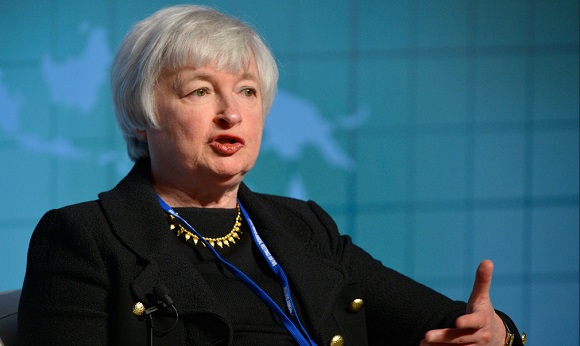The much-anticipated decision by the Federal Reserve Board at the Sept. 17 meeting to hold interest rates near zero was met in the resource community with a mixture of relief and disappointment. The 9-to-1 vote citing global economic pressure on inflation left open the possibility of a hike at the December meeting. The Gold Report asked the experts in the resource sector what this means for precious metals and oil prices, and what signs they are looking for that a different outcome will be announced in December.

Joe McAlinden, founder of McAlinden Research Partners and former chief global strategist with Morgan Stanley Investment Management, was disappointed that the Fed "blinked." He called the decision irresponsible and attributed it to worries about China's growth. The veteran investor saw the status quo as bullish for precious metals and oil, but warned, "As the Fed continues to postpone moving towards normalization of interest rates, the potential for future inflation from years of excessive stimulation increases with every delay of the end of the zero interest rate policy."
He continued, "Based on today's decision, we now need to watch economic data from China and the performance of the markets themselves. I do not believe that the Fed's focus on those points is appropriate. Nonetheless, it is now clear that these will influence the timing of the next Fed move. Also, and more appropriately, we should be watching average hourly earnings, overall signs of strength or weakness in the U.S. economy, and the trend of the core PCE deflator." Continue reading "No Fed Rate Hike Good For Gold, Bad Sign For Economy"
